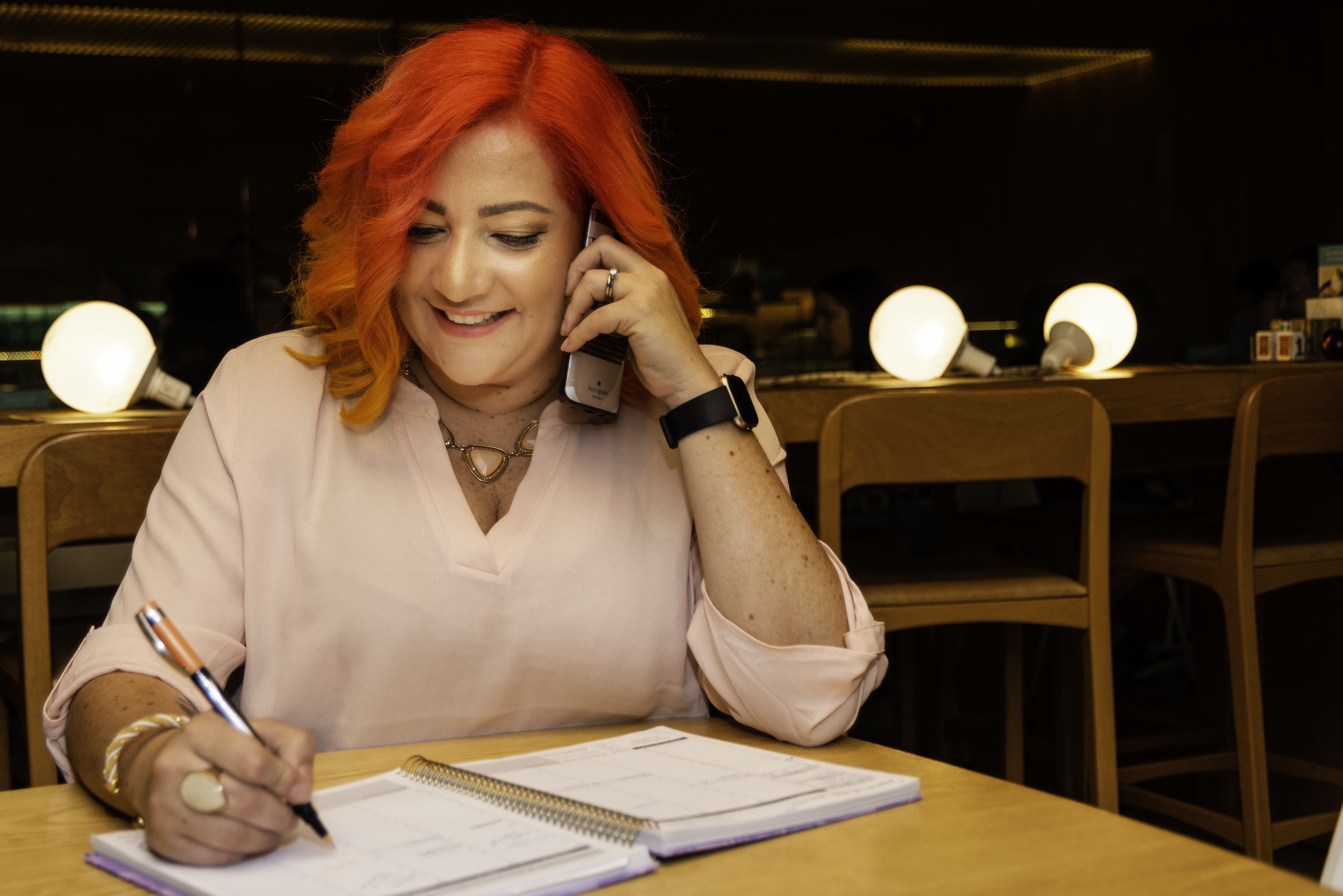Play is the child’s work; it is a way for children to express themselves and is essential for child development. Playing has many benefits for children, as the playful world helps our little ones to understand the world in which we live. Especially, with pretend play, acting out everyday situations in their lives as children, or the lives of the surrounding grownups, as well as fantasizing about the future.
Childhood is a phase of learning to express what they feel, to communicate what they are feeling and what they like. Therefore, during this moment in which we are experiencing countless changes, in which we are all a bit shaken, letting your little one play is the best way to counter the struggles and consequences of social isolation. Playtime is also a wonderful way to teach and share about the times we are living and experiencing, in a way children can relate. It opens the stage for dialogue, for them to express what they feel, through a stuffed animal or doll.
Play has many benefits for mental health, in addition to its important role in the brain development of little ones. It helps to shape their personality and strengthens those new brain connection, especially during the first few years of life.
Brain development
After birth, the brain, like other organs in the body, is still developing and most of that foundational structure, is build with the experiences, stimuli, and challenges that happens in those first few years – creating new neural connections and reinforcing those that already exist. That is why playing is highly positive and encouraged as it helps in the structuring and neurological organization since when a child plays, they tend to engage all of their sensory systems such as the motor, social, cognitive, and emotional.
The sensory experiences that are the result of the stimuli that we are exposed to in the first years are fundamental for brain development at this stage of life and the quality of these stimuli have a strong impact on neural connections. Mostly because the connections themselves are formed and strengthened thanks to multi-sensorial experiences – how we act, interact, and feel through the surrounding environment. Also, games that engage in motor skills allow greater oxygenation of the brain, improving cognition, favoring flexibility, neurogenesis (the process of forming new neurons), and stimulate mental, social, and emotional capacities.
Encourage the child to play
Now that the importance of play in all stages of childhood has become clearer, it is important to ask yourself: are you encouraging your little one to play as much as they should during this quarantine? Some may even think that, with the chaotic routine that is currently in place with parents working from home, housework work multiplied since everyone is around, on top of virtual learning, it is impossible to find time to play with the children. Well, we can analyze solutions from two perspectives: you don’t have to play with your child without stopping doing your work or playing with them all the time. It is possible to teach them to play alone as well as plan and organize activities and games in a way that they are focused on them with you nearby. You can also start and set the stages in the beginning of play and then remove yourself once the child is engaged enough to carry on playing on their own. After all, independent play is also important and does not come without benefits.
Children have been losing the habit of playing because many parents do not encourage them. It is possible that adults have forgotten, or simply do not understand, how important this phase is for children. And worse, because of their busy daily life, this phase has simply been replaced by television and electronics in recent years, as they are easier, more “practical” tools, and make less of a mess in keeping children quiet. However, know that this choice comes with a very high price – and I’m not just talking about the actual price for the devices.
Another important point to counter the damage caused by the excess of screen time, is to make play a priority and a routine for your child. In fact, when you can fit into your routine a moment of play with your little one, you will also benefit from slowing down. This habit will not only favor your child’s development, but it will also strengthen the relationship between the two of you.
There is still time to change
It is very important for parents to know how short this phase is when you have a child, how quickly it goes and, sadly, it will never return. So it’s not just about stimulating your little ones but spending quality time together as well. Children learn by modeling, so it is essential that play is modeled and encouraged. Children’s playtime has the same effect as reading a book or watching a movie has for us adults. It is a way to relax, calm and balance us. In addition, playtime protects children from the avalanche of information and stressful news that we have been getting, allowing them to escape from this reality that the coronavirus caused, even if just for make believe.
Playing is always good for the child, and obviously, if they play with a little friend it is even better, due to the social exchange and emotional connection. They learn about compassion (sharing), patience (waiting for their turn), boundaries (respecting each other ‘space); they learn and practice how to express feelings, needs, and understand that their behavior causes reactions in others. But, even when alone, independent play still brings countless benefits like stimulating creativity, autonomy, and learning to like and be comfortable in their own company.

